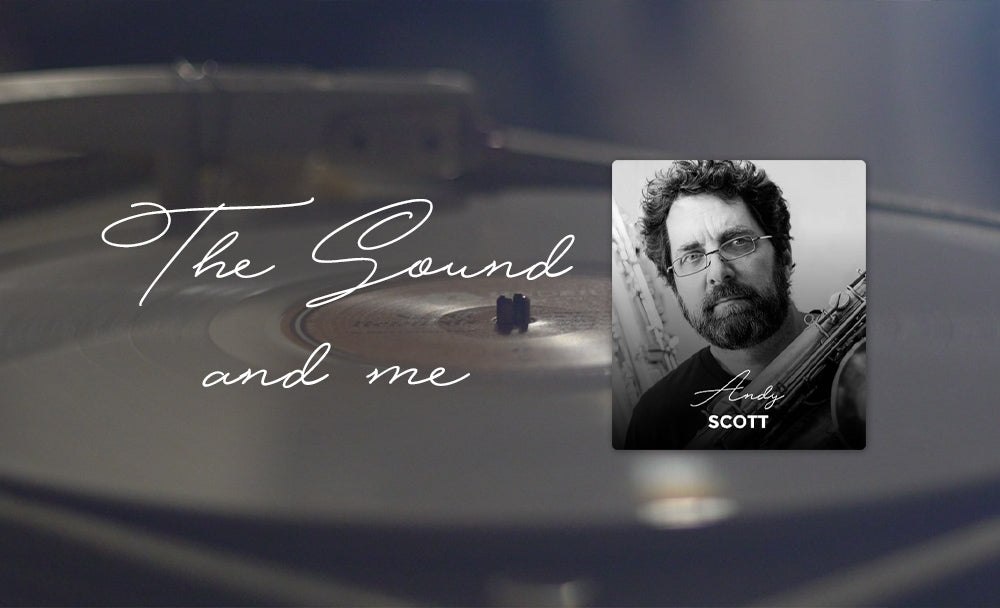The Sound and me #13 with Andy Scott

My first SELMER Saxophone
"Today, I've been trying the latest models of alto and tenor saxophones, and it brings me back about nearly 40 years ago… I've been playing the saxophone for a few years and I've done the usual thing: you start with a sort of student model instrument, but then you graduate to a SELMER. So I think I was 14 or 15 years old and I had my first Selmer saxophone and it was amazing."
A flexible sound
"And I thought: why have I stuck with Selmer for nearly 40 years? And ultimately for me, it's very, very clear. It's about the sound. There is something about the sound of a SELMER for me: it gives you a real depth, a richness, a quality. Also, there's something very malleable about it, it is not just one sound. You know, you can do something with the sound. You can change the sound. It's flexible.
Also, I've noticed if you really put a large amount of air through it at times, it responds. There are some other saxophones that I tried when I was a kid where you put the air through it reaches a sort of almost like a ceiling and it won't respond anymore. That's not the case with a SELMER. It totally responds."
We need to be versatile
"My job as a saxophonist in the UK, the way we were brought up in the UK, is that we need to be versatile, we have to be versatile musically to survive. It's really, really simple. So when left Music College I had jazz gigs, jazz set up mouthpieces, classical playing in the Apollo saxophone quartet… A lot of our music is a sort of crossover of styles.
I need that flexibility of sound with a saxophone and I can put a different mouthpiece on and just be secure in the knowledge that I have a fantastic instrument in my hands that I can play. All my excuses are gone. It's up to me then to do the practice, to do the listening, to do the homework and to do the gigs and survive and develop as a musician."
A good combination
"So this is very much the key for me, having an instrument that is flexible, versatile and has a deep, rich sound. I think if you have a saxophone that has a naturally very bright sound and you're constantly trying to darken it, for me, that's not the right way round. I want something dark and rich. If I want to brighten it, I can. It seems like a good sort of combination of events for me. So, as I said, great privilege to be working with Selmer and then to be here today and be collaborating with Henri Selmer, Paris for the last 15, 20 years."
► Learn more about Andy Scott
► See all the episodes on our Facebook page